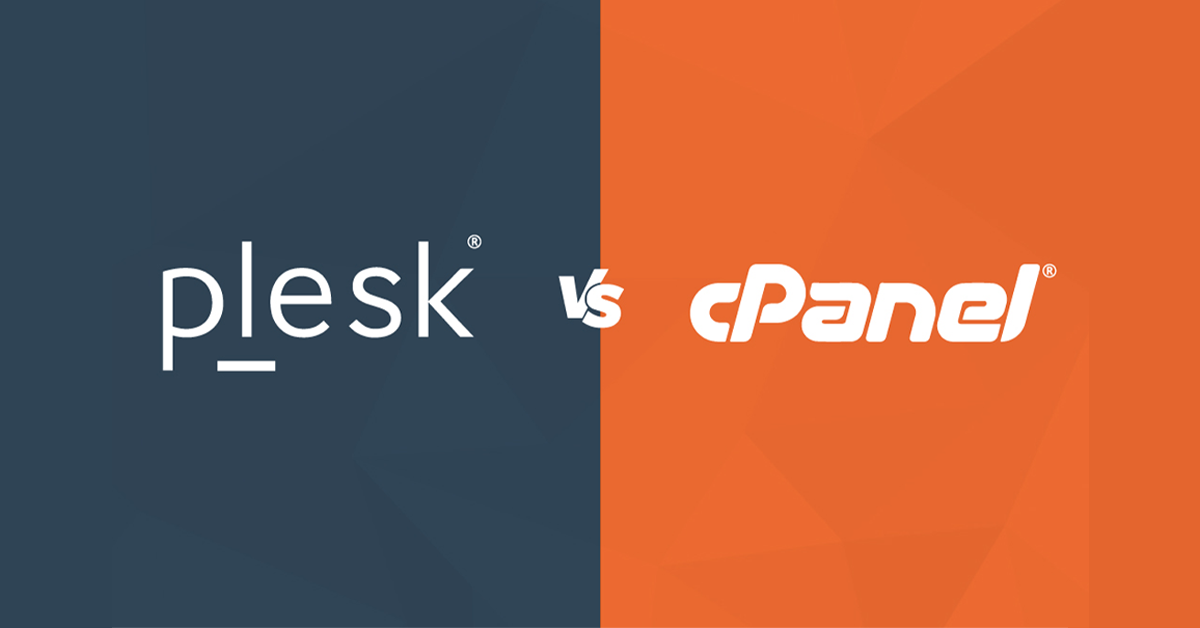
When you purchase web hosting for your site, you probably want the easiest way possible to control your domains and other features of your site. This usually involves using a web hosting control panel.
Dashboards give you a central location from which you can perform a variety of essential tasks, including but not limited to:
- Manage your web and email domains
- Managing your email accounts
- Using FTP and Web-Based File Systems
- Manage your databases, such as MySQL or MariaDB
- Make simplified installations of website platforms like WordPress
Plesk
Plesk is a popular control panel, although much less popular than cPanel. Released in 2001, this panel is written in PHP, C and C++.
It has many of the same features as cPanel (see below) and is known for having a clean and intuitive user interface, although it is generally not as flexible as cPanel when it comes to customizing your home screen exactly how you want it.
cPanel
First released in 1996, cPanel is truly the industry standard when it comes to web hosting control panels. cPanel is written in Perl and PHP.
Versatility – cPanel has some essential features built in. For example, SSL certificates can be controlled directly from the panel instead of from a separate interface.
Security – cPHulk is a very versatile feature of cPanel that can be used to monitor and block login attempts to cPanel, WHM, FTP, Email, and SSH. cPanel is also designed with the needs of businesses in mind, and can easily be made PCI compliant for business owners who need that extra level of approval.
Support – Having the largest user base also means a large support base.
Performance – cPanel generally loads faster than Plesk, so if you are an impatient administrator, you may find cPanel to be a bit more responsive.
cPanel is only available with servers running Linux operating systems. One solution may allow you to load it onto a Windows server, but officially, cPanel is Linux-only. As a hosting customer, unless you’re doing something really unique, this shouldn’t make much of a difference for your purposes.
So which one is better?
I give a slight edge to cPanel in terms of performance, security, and versatility, so I would choose it as the default choice between the two options. Ultimately, though, the thing to realize is that it is very difficult to make a wrong decision with either of these control panels. Instead of focusing on options like this, I would recommend that you put more energy into selecting a web hosting service that works for you and adopting whatever control panel comes with it.
